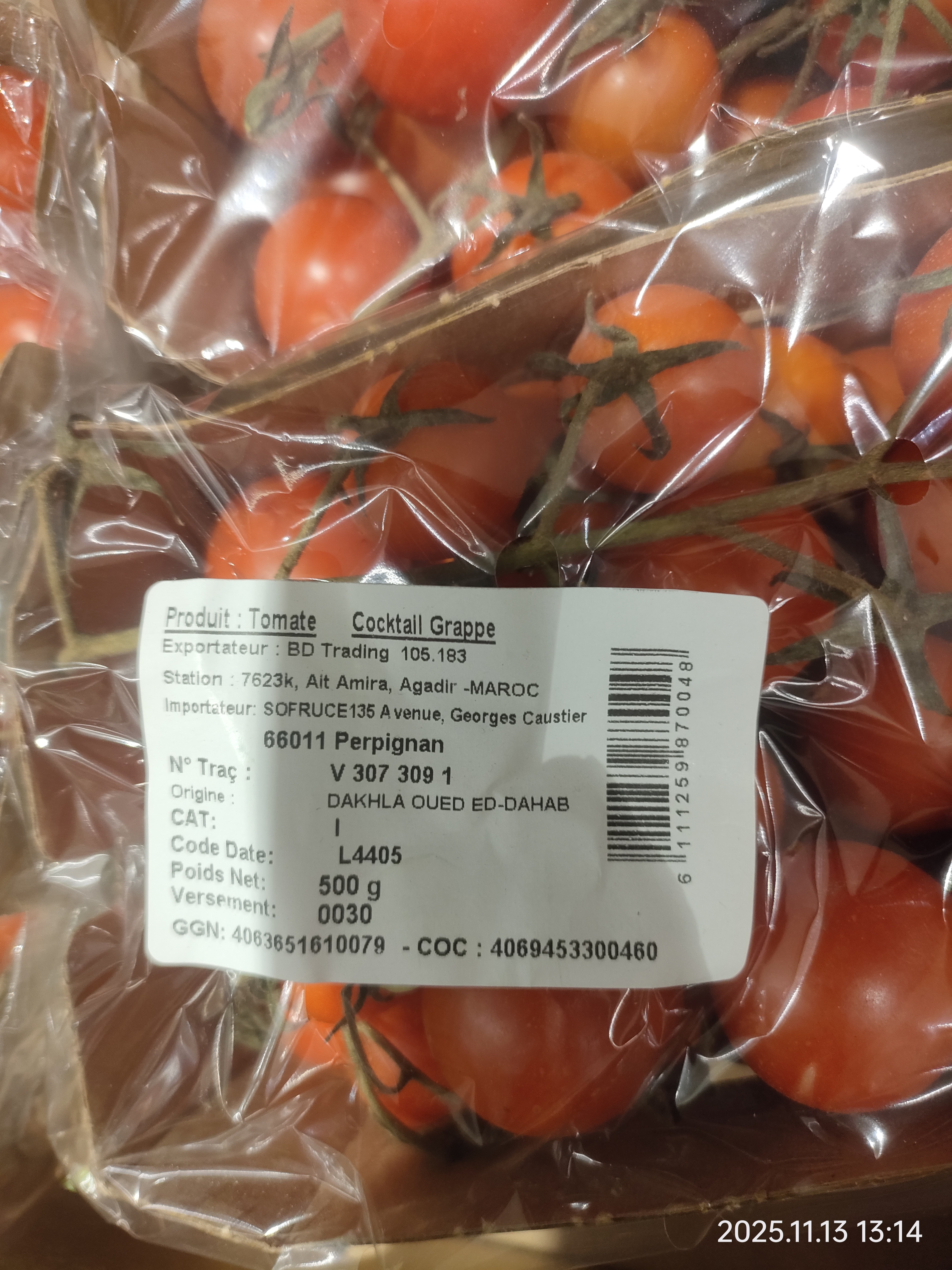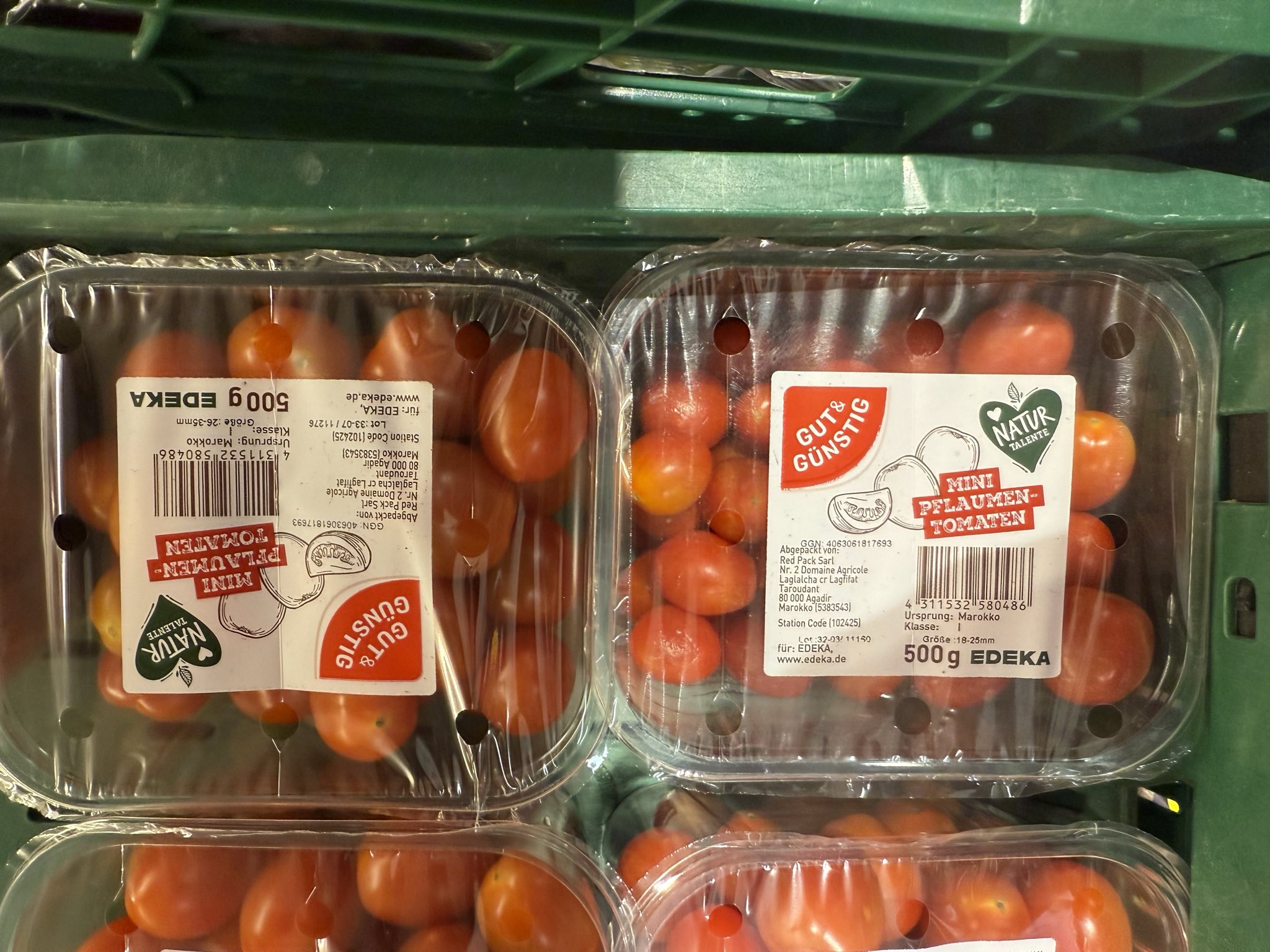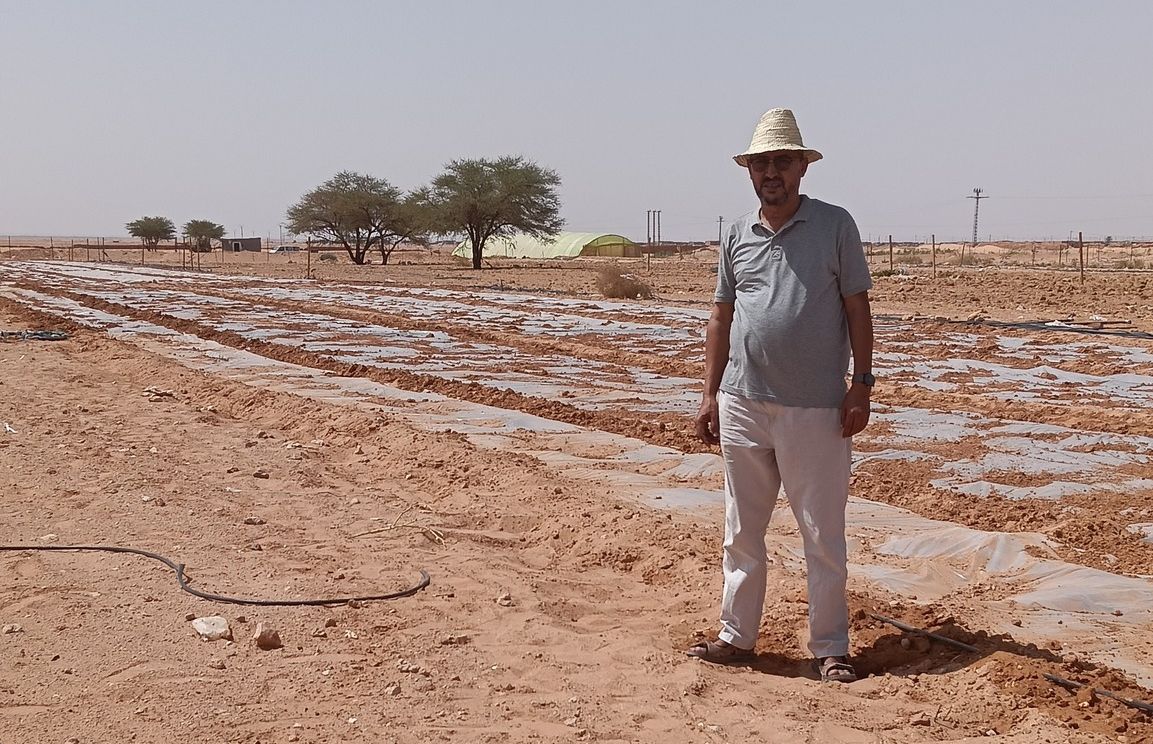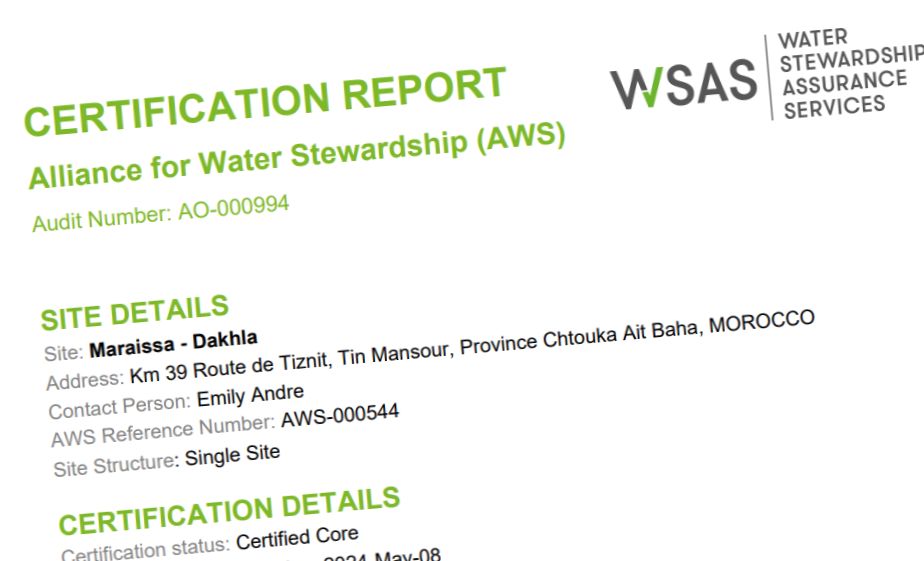Spanish farmers demand no imports of occupation tomatoes

The EU agriculture agreement must be stopped, according to Spanish farmers’ association.
Published 30 January 2012
“The halt of the EU-Morocco fisheries agreement in December should mean that also the similar agriculture agreement should be terminated”, stated Rafael Hernández Reyes, president of the regional section of the Spanish agricultural association COAG on the Canary Islands (third from the left on the photo above).
“The two EU-Moroccan agreements were negotiated at the same time. They both present the similar legal problems of including the territory of Western Sahara”, he stated to Western Sahara Resource Watch.
The Moroccan industry represents a tough competitor for the European farmers. On the Canary Islands the competition on agriculture production has led to many farmers already loosing their jobs. Since Mr. Hernández took office in COAG the 90s, the production of tomatoes on the Canary Island has been reduced by an astonishing 60 percent.
Much of the Moroccan agriculture industry is taking place on plantations in Western Sahara, which is under illegal Moroccan occupation. The greenhouse plantations in the desert territory are owned by the King of Morocco and by multinational firms, subsidised by the Moroccan government.
On 14 February, a new and extended trade and agriculture agreement is up for vote in the European Parliament. No mention is made to the fact that produce from Western Sahara now will reach the European market, and that the main benefactor will be multinational firms and the King of Morocco – while the small scale farmers will stand to loose.
“The French, Spanish and Italian farmers see the imports to Europe on the increase, destroying their chances to sell and to live from their products through the European market”, stated Member of European Parliament, Mr. José Bové in a recent interview with the Moroccan newspaper L’Économiste.
Bové calls the EU-Moroccan agriculture agreement a “catastrophe” for the European agriculture, and wants the agreement stopped.
The COAG regional president said they fully support the demands from the parliamentarian.
“The quotas and export prices for Moroccan produce to the EU have not been complied with, on a systematic basis” stated COAG’s Hernández regarding the Moroccan exports that is already taking place.
“Furthermore, there is currently a clear, unequal competition due to the damaging practices in Morocco in terms of the environment and workers rights. Therefore we fully support the need to equalize standards in Morocco and in the EU when it comes to environmental standards, the workers rights and the efforts against child work“, stated Mr. Hernández.
News
EU’s labelling chaos already hitting supermarkets
A packet of cherry tomatoes sold this week in a French supermarket illustrates the confusion triggered by the European Commission’s rushed attempt to adapt EU consumer and trade rules to Morocco’s claims over occupied Western Sahara.
17 November 2025
Beware of products carrying a “GGN” code
Tomatoes from occupied Western Sahara, certified by GLOBALG.A.P., are being sold in German grocery stores with a false country of origin.
05 September 2025
Farmer in exile: GLOBALG.A.P. is certifying injustice
A Saharawi refugee farmer expresses shock about the German certification scheme qualifying Moroccan agriculture in his illegally occupied homeland as sustainable.
03 September 2025
Alliance for Water Stewardship legitimises illegal occupation
An organisation that promotes responsible use of freshwater lends a hand to the controversial French-Moroccan agri-business Azura in occupied Western Sahara.
01 August 2025



